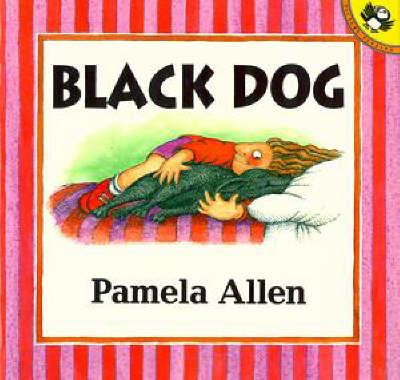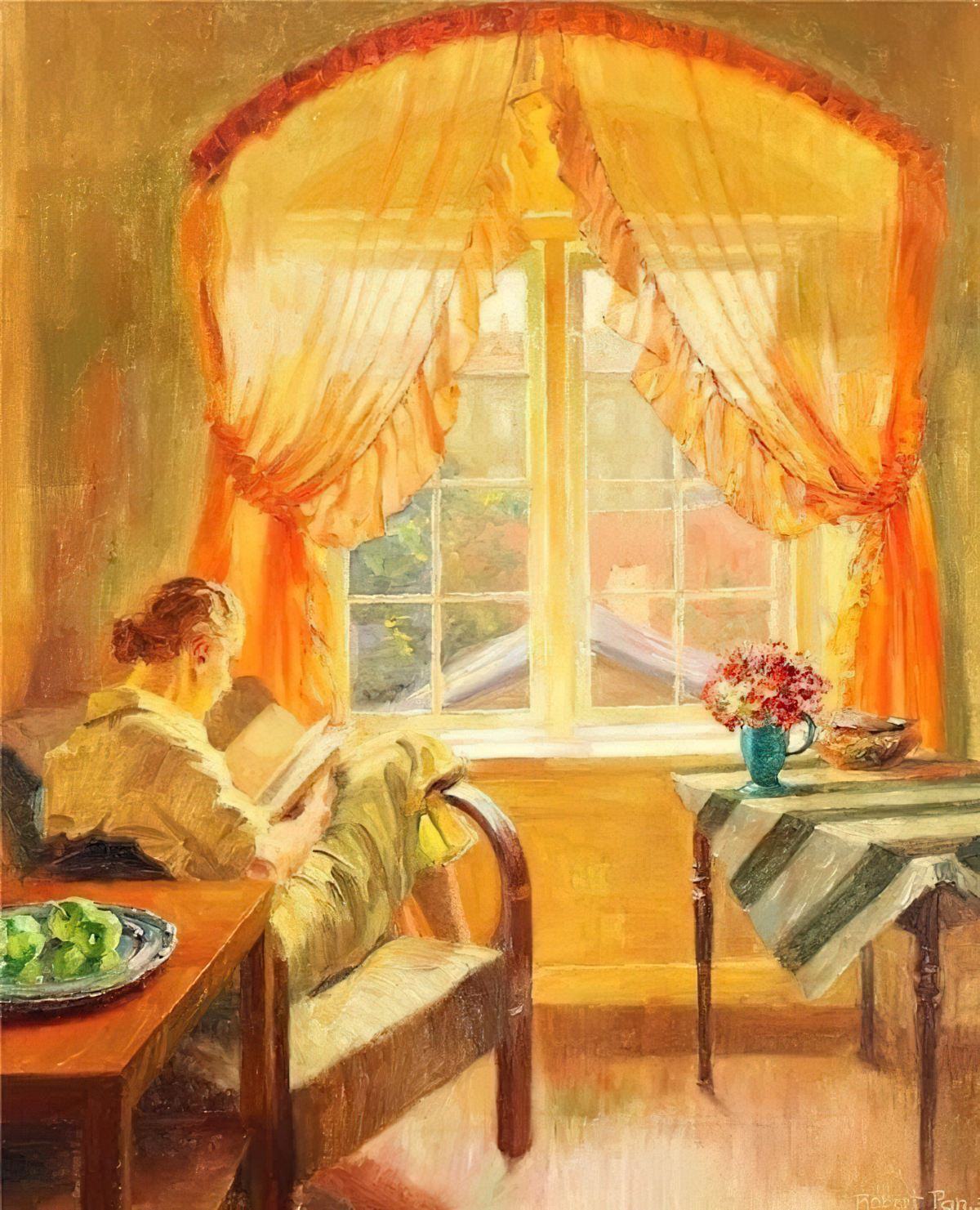-
Olivia and the Fairy Princesses by Ian Falconer Analysis
Olivia and the Fairy Princesses is the third Olivia book I’m taking a close look at; the first was Olivia, which I really liked; the next was Olivia and the Missing Toy which I really didn’t and now for a story which has garnered Olivia a bit of a reputation among reviewers on social media
-
The Technique of Ticking Clocks in Storytelling
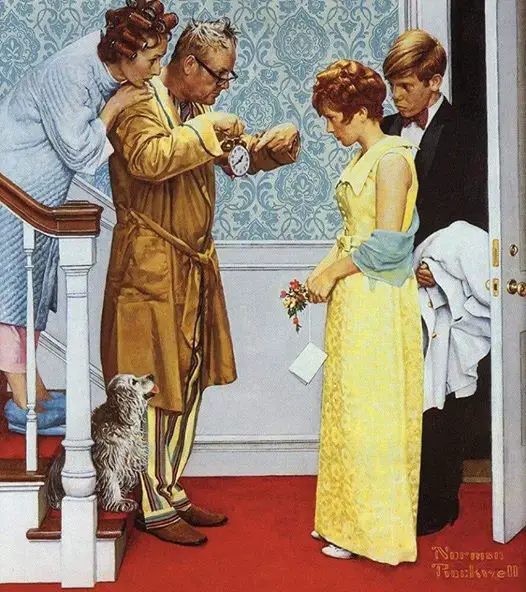
Once you notice ticking clocks in storytelling you see them in everything, so beware.
-
Loveykins by Quentin Blake Picture Book Analysis
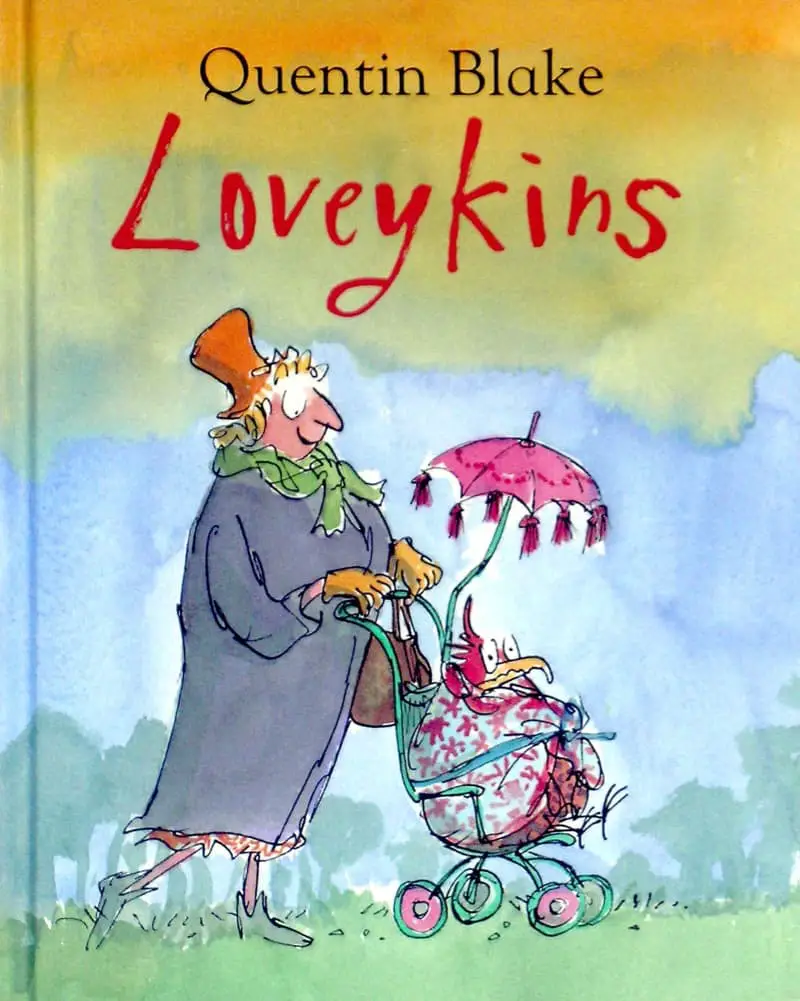
The ideology behind Loveykins: Wild creatures, while sometimes requiring some human nurturing if abandoned by their mother as babies, must eventually be returned to the wild. There is also a message against ‘over-mothering’ in this story. Let wild creatures be wild creatures is a close cousin to ‘let kids be kids’. Another picture book with
-
Olivia And The Missing Toy by Ian Falconer (2003) Analysis
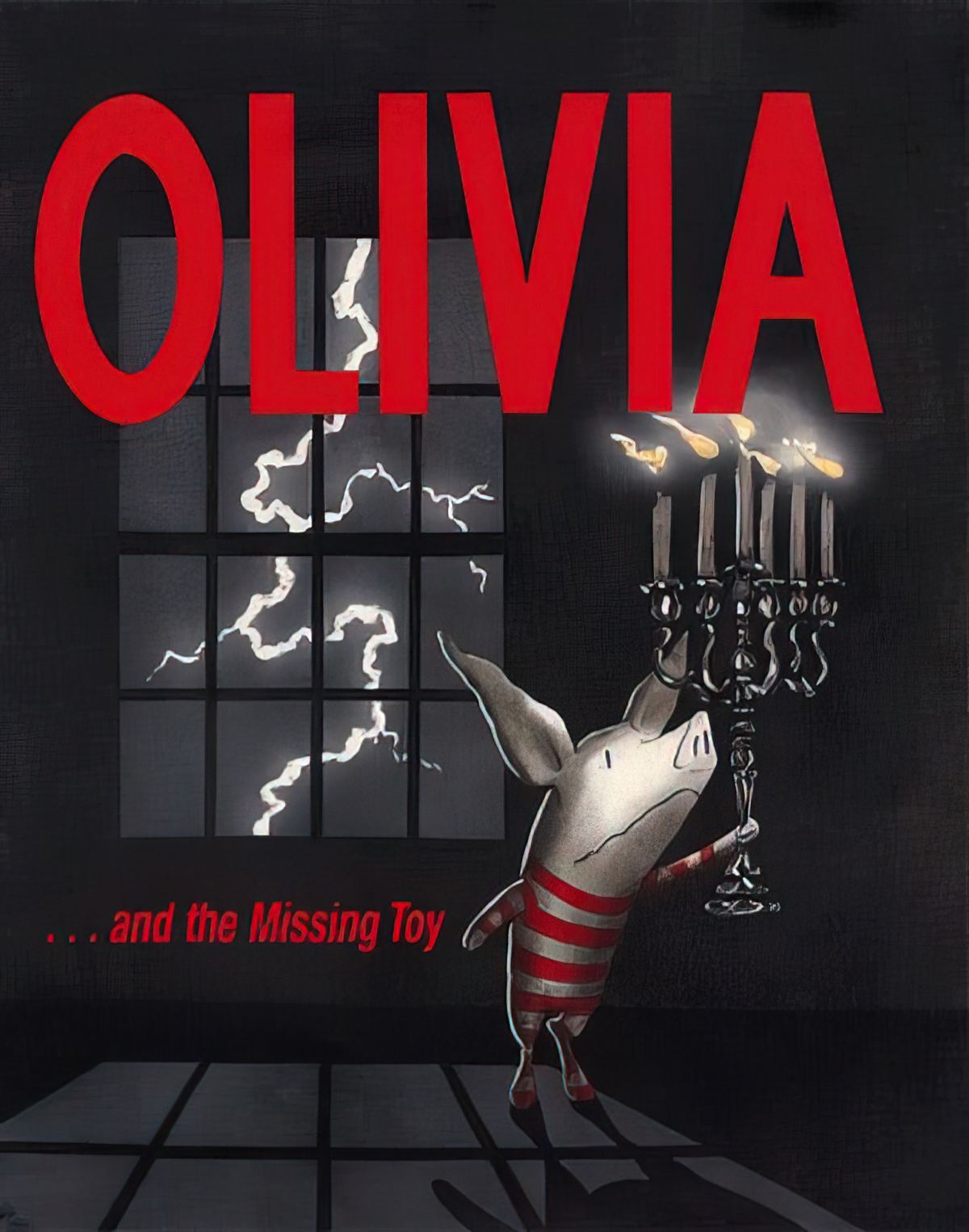
Olivia and the Missing Toy by Ian Falconer shows Olivia the Pig at her most bratty, and her parents at their most indulgent. There are several versions of the book cover of Olivia and the Missing Toy, and the dark one is the scarier of the two. The other is mostly white space, in keeping
-
The Reflection Character In Storytelling
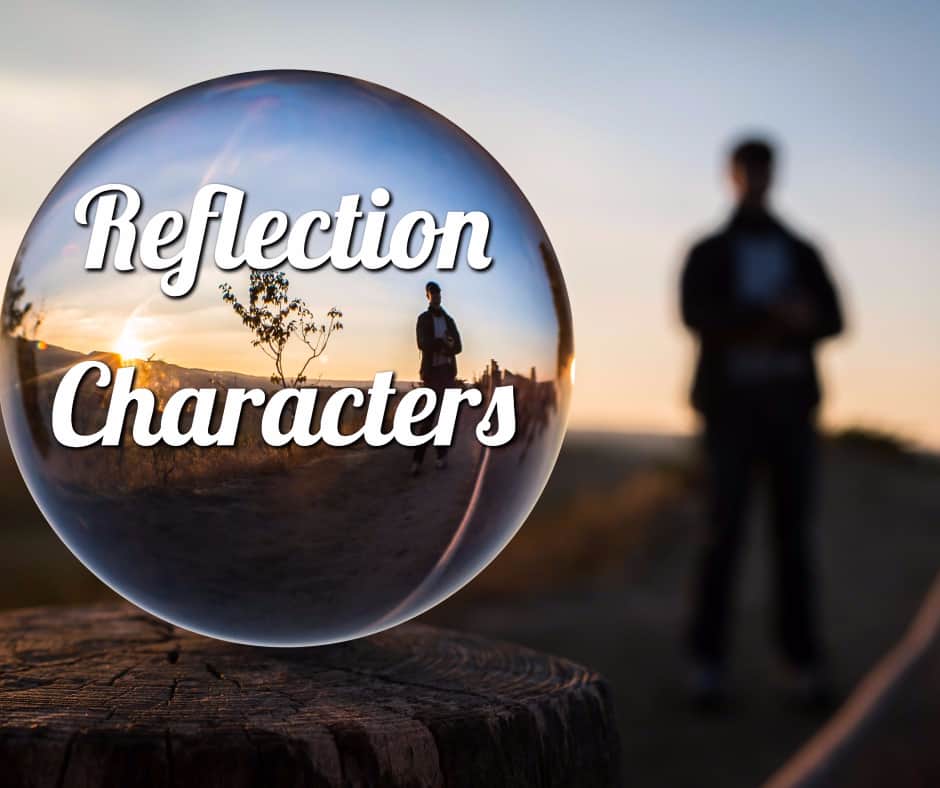
You may have heard of the ‘shadow in the hero’ when creating a character web for a story. Shadow in the hero describes a relationship between opponents. But what if two very different characters bring out the best in each other? What do you call that? What Is A Reflection Character? This is my term
-
Common Wish Fulfilment In Children’s Fantasy
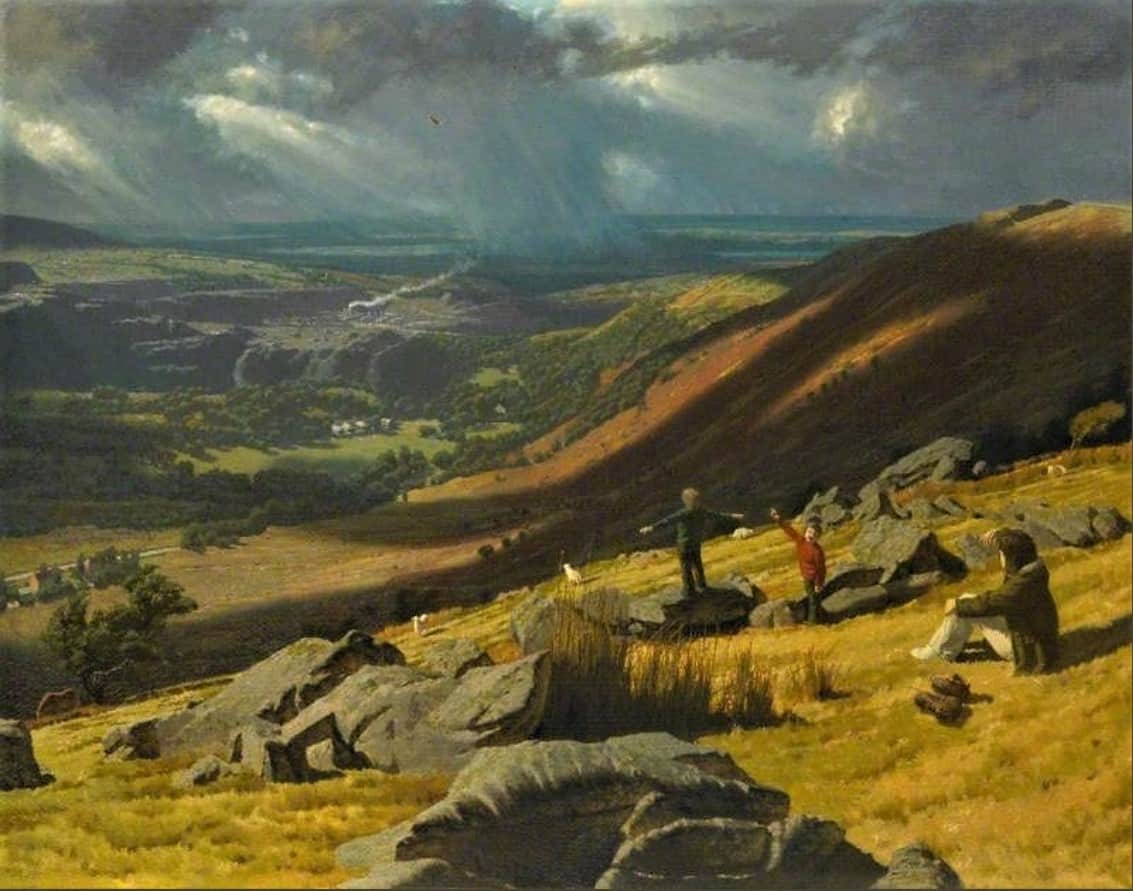
Genre fiction and children’s fiction often functions to allow the reader to experience a particular form of fantasy. Some wishes are considered more worthy than others. FIVE CHILDREN AND IT The classic book that is entirely about what happens when you wish: Five Children and It, by E. Nesbit, published 1902. Nesbit had a firm grasp
-
Still Images In Picturebook Illustration
The ability to depict movement is perhaps the most important skill of a picture book illustrator. The same goes for comic book illustrators. But not everything is all about movement. Although a professional illustrator has to be good at depicting movement, there is a time and a place for ‘stills’, even inside ‘high-movement’ stories. Below I take a
-
Panoptic Narrative Art In Picture Books
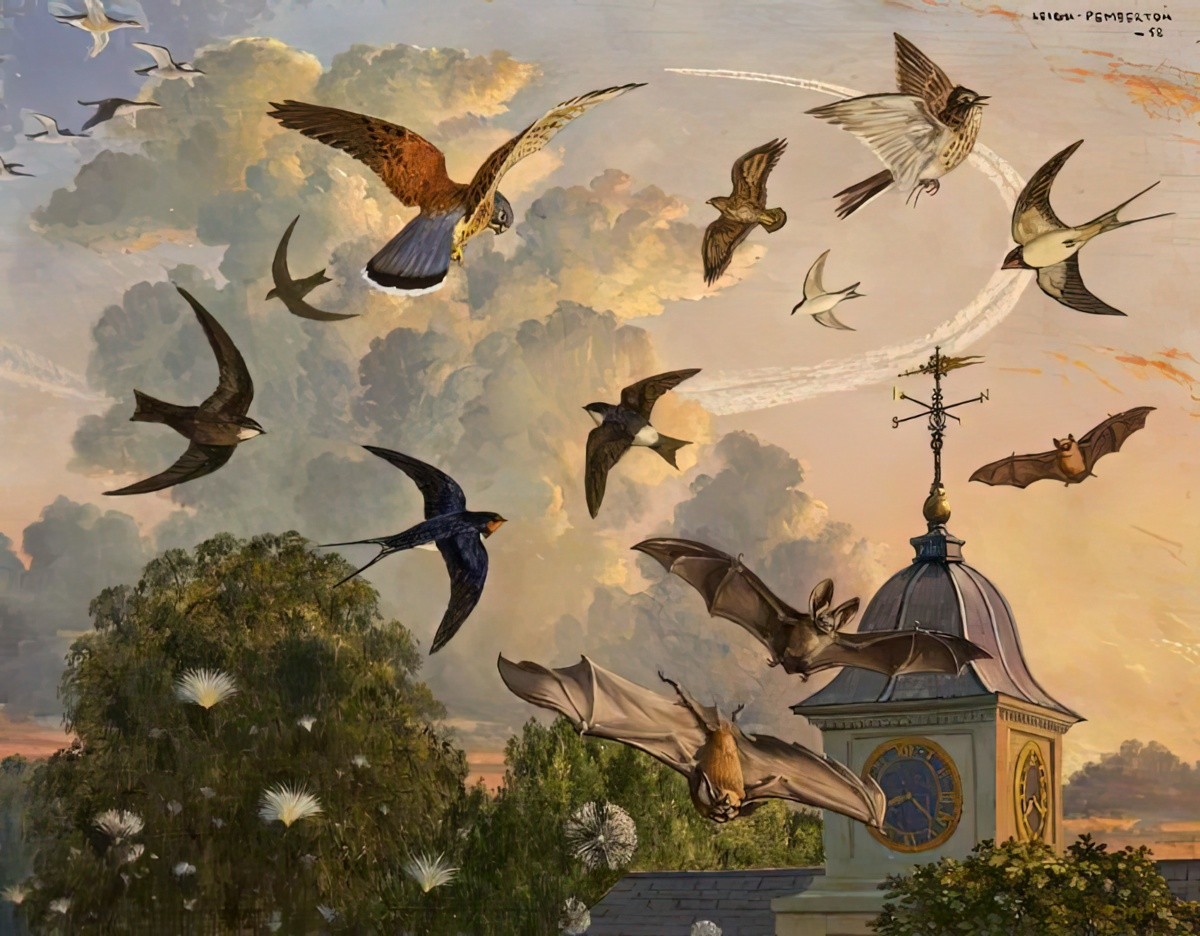
Let’s say there are 7 main categories of Narrative art. Narrative art is art which tells a story. Panoptic refers to ‘showing or seeing the whole at one view’. Panoptic narrative art is often a bird’s eye view. The ‘camera’ is above. This is the art world’s equivalent of an all-seeing (omniscient) narrator. Panoptic and panoramic
-
Composing The Thumbnails Of A Picture Book
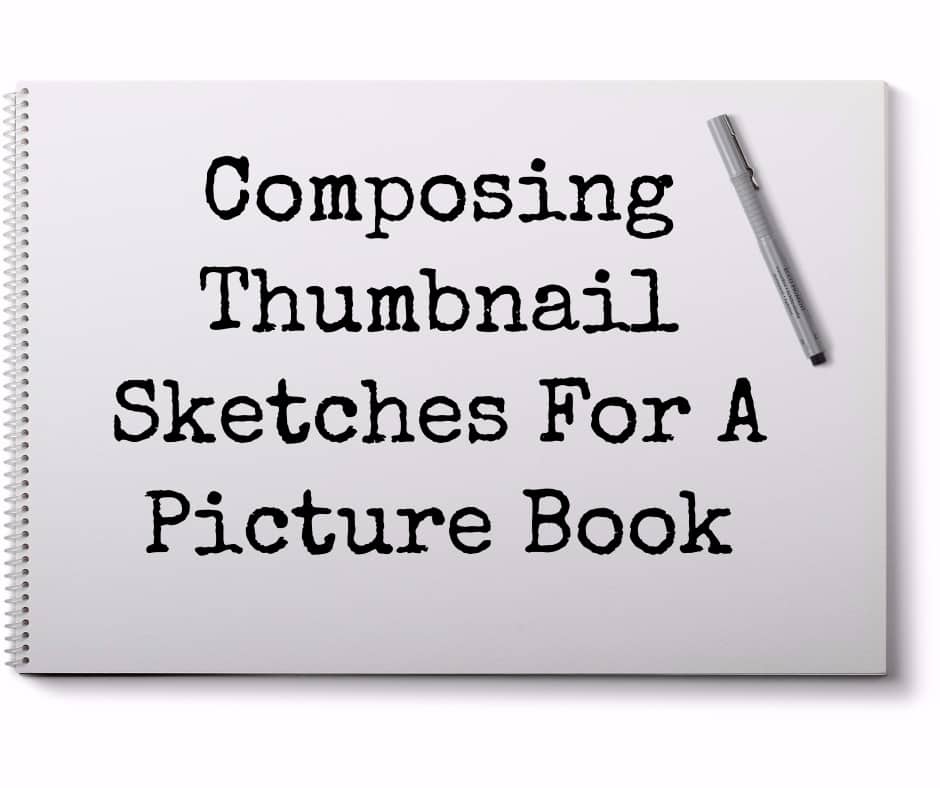
How do you go about the task of mocking up a picture book? Most picture book illustrators make a dummy of thumbnails, to check the story flows well. Many writers (who are not also illustrators) find this a helpful practice, too. The following notes are from Framed Ink: Drawing and composition for visual storytellers by
-
Levels of Detail In Literature
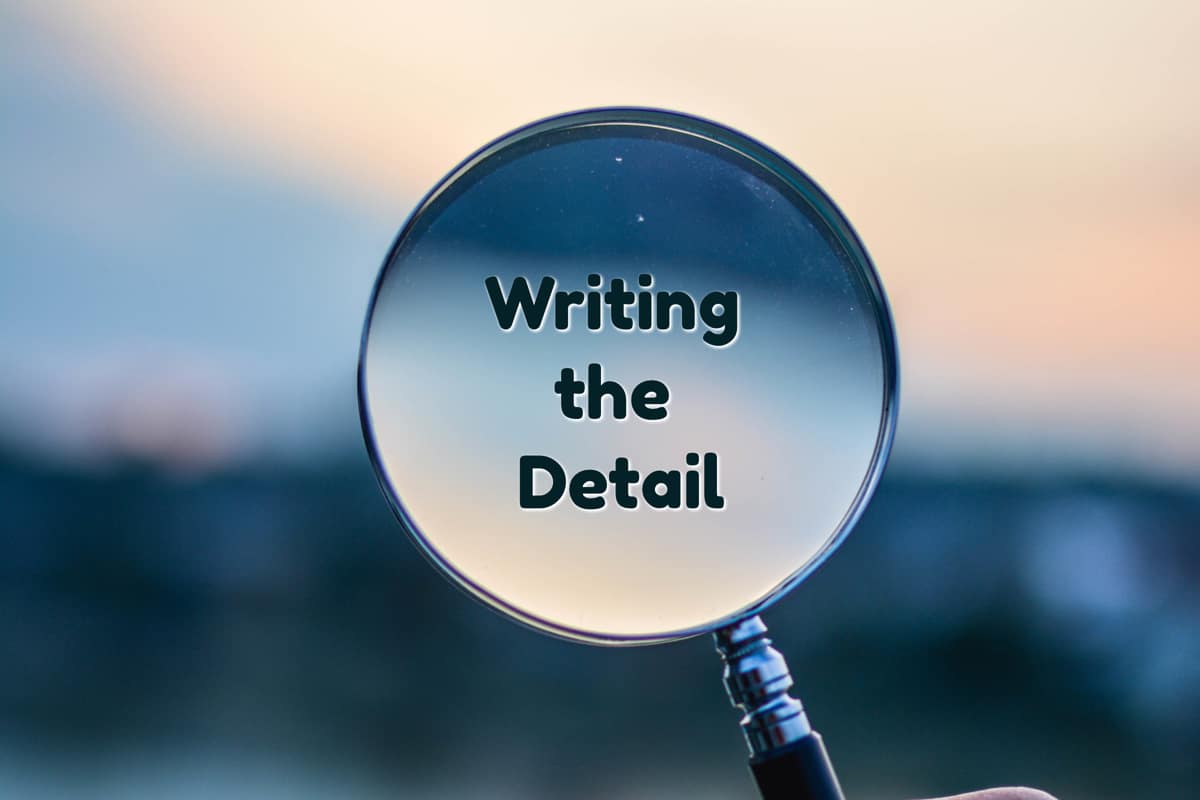
The first job of the storyteller is to decide what to leave out and what to include in the narrative. To spot a liar, ignore everything except the level of detail in a person’s story, new research suggests. This One Strategy Will Reveal if Someone’s Lying With 80% Accuracy, Study Finds In terms of sexual
-
Things To Know About Chekhov
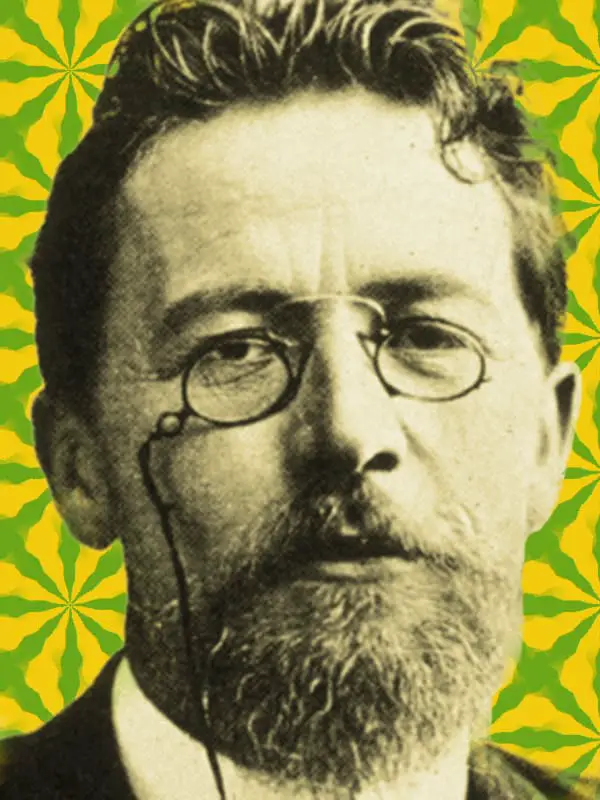
Anton Chekhov was a Russian writer who lived 1860-1904. He financially supported his extended family and initially started writing to support them. But he considered himself mainly a doctor. He treated people experiencing financial hardship for free. He died at the age of 44 from tuberculosis. 1. CHEKHOV DID NOT OVERWRITE You’ll hear Chekhov related advice
-
Tips and Tricks from Muriel Spark
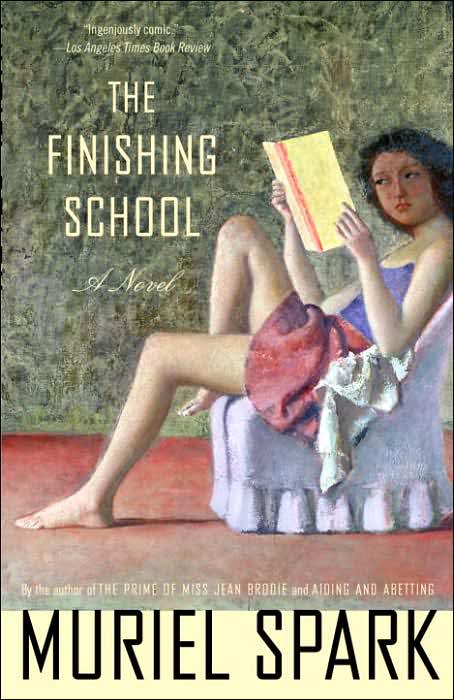
In The Finishing School, Muriel Spark takes a swipe at hack writers and aspiring novelists. All of the characters are cliches and stereotypes, working well as a comedic ensemble to convey Spark’s own ideas on writing. We are to read most of this book as irony. Rowland marvelled as he read her essay. How slick
-
“Gypsies” In Classic Children’s Literature
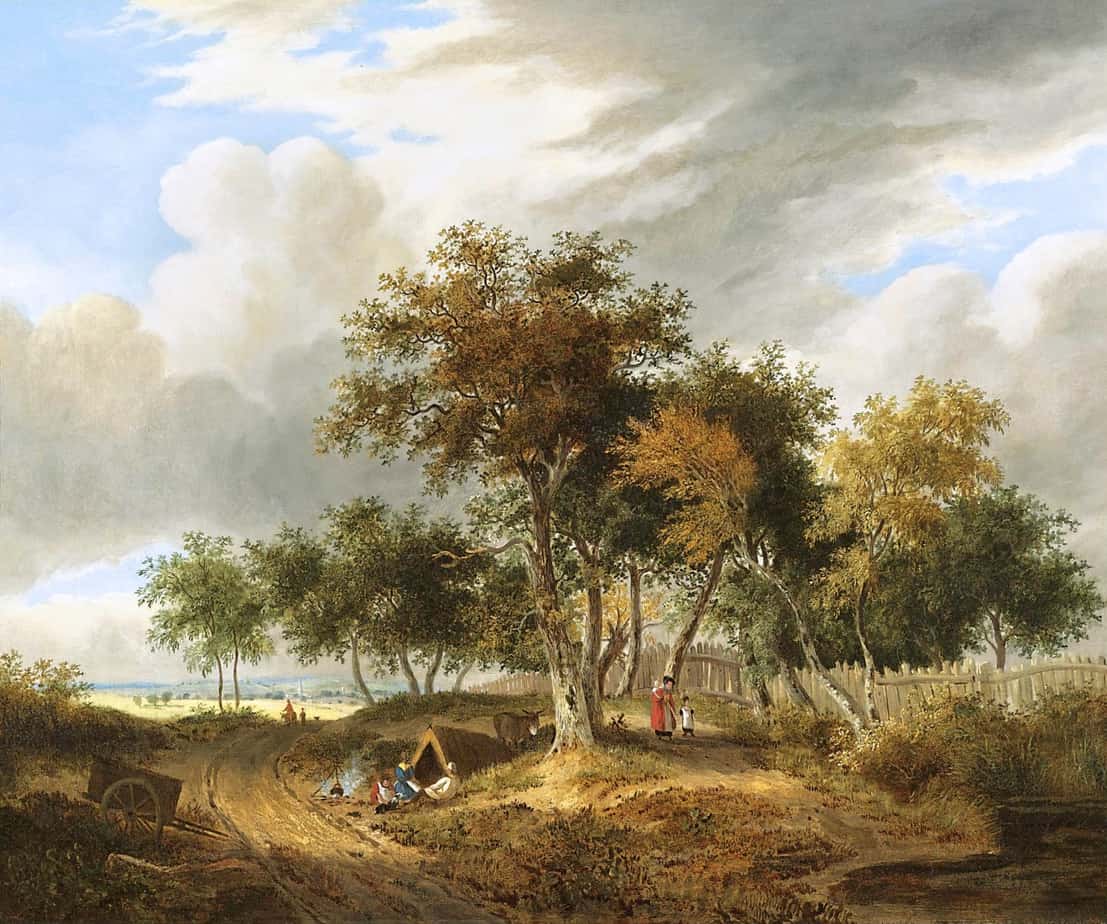
As always, the term Gypsy is a source of massive debate within the Romany community. Many Romani have reclaimed the term and use it to fight back against oppression. As is their right! Many Romani cannot stand the sight or sound of it, for valid reasons! Roma Unraveled What did Enid Blyton and E. Nesbit
